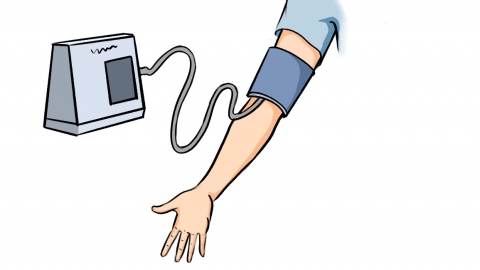Can high blood pressure cause eye swelling?
Generally, high blood pressure itself does not directly cause eye swelling. However, when blood pressure remains poorly controlled over a long period or complications arise, it may indirectly lead to swelling around the eyes. The detailed explanation is as follows:

When elevated blood pressure has not yet affected organ function, it does not directly result in eye swelling. Periorbital edema is more commonly related to local factors such as lack of sleep, allergies, or ocular inflammation. In these cases, if blood pressure is maintained within the normal range, the swelling typically resolves once the triggering factors are removed.
Long-term hypertension may damage kidney function, leading to disturbances in sodium and water metabolism and fluid retention in the body, which can result in eyelid edema. At the same time, it may cause retinal vascular changes, worsening congestion in ocular tissues and making swelling more apparent. This is often accompanied by persistently high blood pressure, dizziness, and other symptoms.
In daily life, it is essential to strictly control blood pressure by adhering to a low-salt diet and maintaining regular作息 (daily routines), avoiding late nights and excessive fatigue. If eye swelling occurs, it's important to evaluate potential kidney issues or local eye conditions, while also strengthening blood pressure monitoring and management to reduce the risk of swelling caused by complications.







